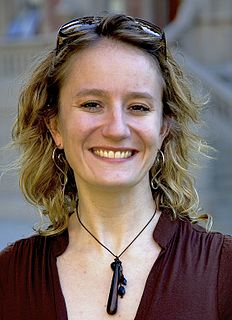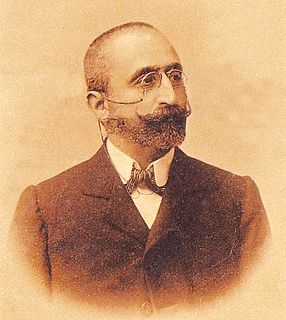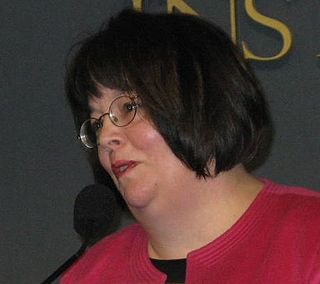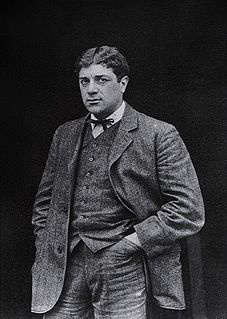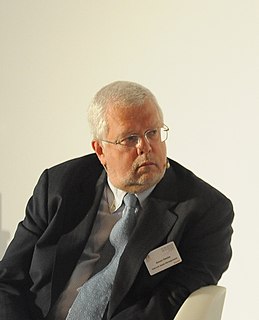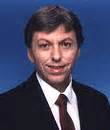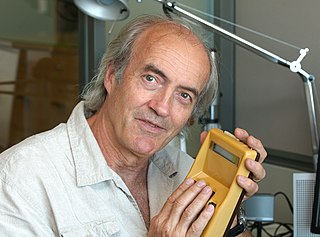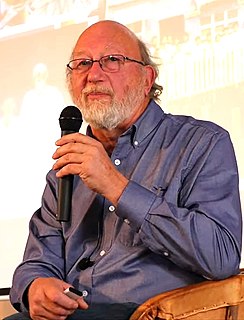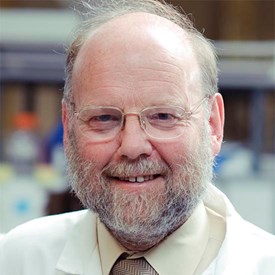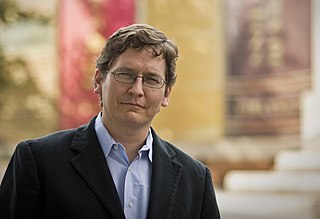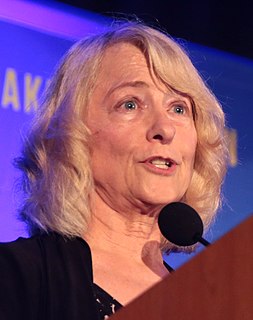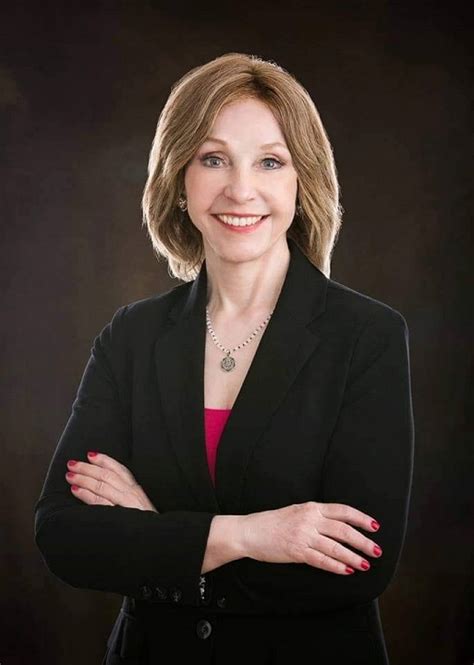A Quote by danah boyd
Give me one other part of history where everybody shows up to the same social space. Fragmentation is a more natural state of being.
Related Quotes
Part of why history is so important in my life is because it brings you an awareness that everything isn't new. It gives context to what's happening right now. History is cyclical but circumstances and technology change. So when social justice topics come up, they're not new. They're just being covered more. We have more ways to record it now.
Our natural state of being is in relationship, a tango, a constant state of one influencing the other. Just as the subatomic particles that compose us cannot be separated from the space and particles surrounding them, so living beings cannot be isolated from each other... By the act of observation and intention, we have the ability to extend a kind of super-radiance to the world.
Clearly, one does not have to give up being an academic, retreat from rigorous research, or renounce the importance of specialization in order to address major social issues. I don't think you give up theoretical rigor by writing in a way that addresses major social concerns and is at the same time accessible to wider informed general audiences.
When men and women fail to form stable marriages, the result is a vast
expansion of government attempts to cope with the terrible social needs that result.
There is scarcely a dollar that the state and federal government spends on social
programs that is not driven, in large part, by family fragmentation: crime, poverty,
drug abuse, teen pregnancy, school failure, mental and physical health problems.
A writer represents his family history. My grandfather was a senator and my father served in the Roosevelt administration. In other words, I grew up in politics. This is why it seemed perfectly natural to take part in the battles of my time, and to participate in the writing of the history of my country.
Moving to San Francisco affected me in a pretty profound way, in a lot of respects. I think it helped me evolve my sound and think outside of the space I'd been in in Sacramento. The scene there is so insular and kind of feeds on itself: you just end up playing the same shows with the same people for the same people.
